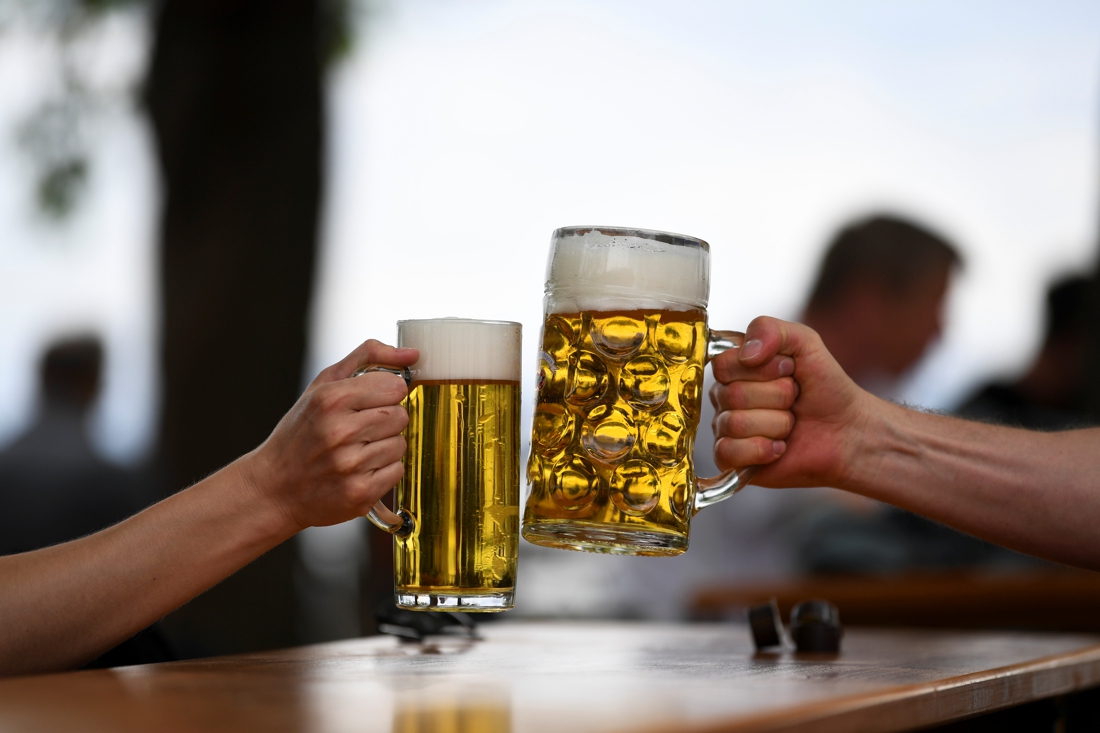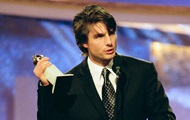Our brains can trick us into drinking non-alcoholic beer. Dutch scientists discovered this. That is why it is not recommended to serve heavy alcohol addicts non-alcoholic beer.
–
While experienced beer drinkers will still taste the difference between beer with and without alcohol, their brains can be fooled. Dutch scientists discovered this three years ago after they had made brain scans on volunteers while they were drinking beer of which they did not know the alcohol percentage. The expectation of beer tout court was enough to activate the reward centers in the brain. These are those areas of the brain that are stimulated when using alcohol or (other) drugs.
The research is an illustration of the so-called anticipation effect, says professor of psychiatry and addiction expert Geert Dom (UAntwerpen). ‘The expectation of alcohol consumption alone is sufficient to induce intoxication and for behavioral changes that we associate with alcohol, both positive and negative. The effect can even be greater than with the effective absorption of alcohol. ‘
Call it a “placebo intoxication,” evoked by the promise of alcohol. The Dutch research also suggested that the effect remains if the drinkers know that they are being served non-alcoholic beer. This could be because of the similar taste.
But what does that mean for people who have struggled with problematic alcohol use? Some addiction experts advise against non-alcoholic beer, says Geert Dom, precisely because it can trigger that anticipation effect. ‘But it can help others, because they are completely fed up with soft drinks, for example. The period that they ‘dry up’ is an important criterion. Alcohol-free beer is not recommended for heavy addicts that have recently been kicked. ‘
– .


